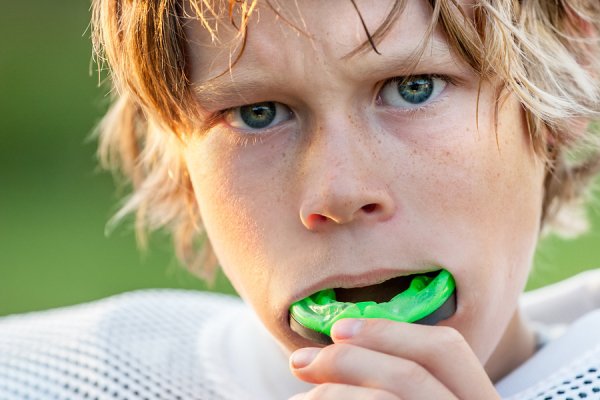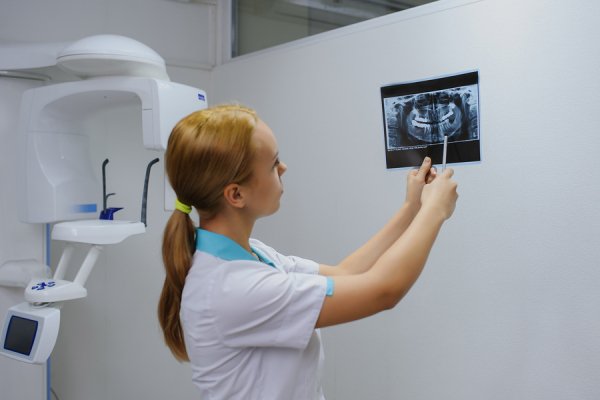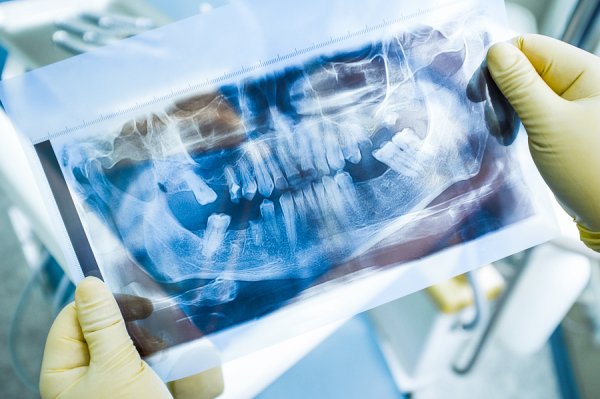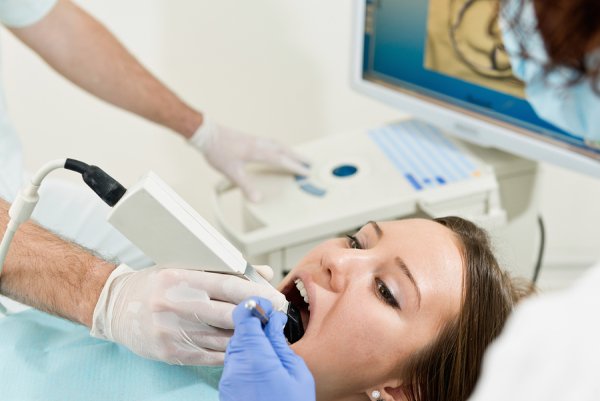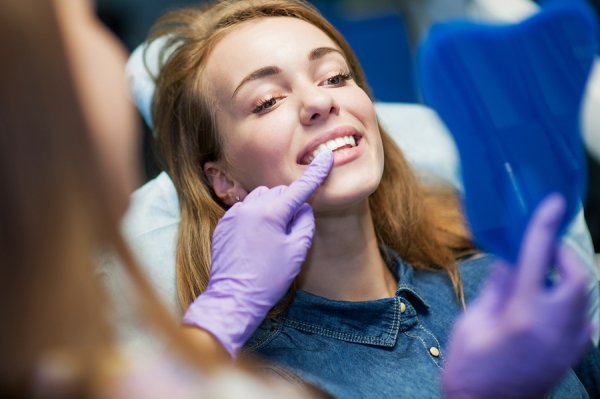
When you become a patient at University Associates in Dentistry, you’ll quickly discover why our office is unlike the rest. Our dentists take pride in helping our patients transform their smiles, and we take a personalized approach to care that includes extensive patient education. During your complementary dental consultation, we’ll take the time to review your full health history to ensure that your treatment recommendations are appropriate for you. We’ll also talk about your existing dental conditions and concerns, which may include cosmetic issues you’d like to improve.
Once your dentist has gotten to know you, he or she will develop your customized treatment plan. Take your time to explore your options, and ask all of your questions. We won’t move forward until you’re fully informed and comfortable with your choices. If you’re planning a procedure, such as dental implants, you may want to speak with some of our other patients or staff members who have gone through the same thing. We’ll be happy to arrange this for you—just ask.
University Associates in Dentistry is a state-of-the-art dental office with warm, courteous professionals who genuinely care about each of our patients. Call us at (312) 704-5511 today to schedule your dental consultation in Chicago.


